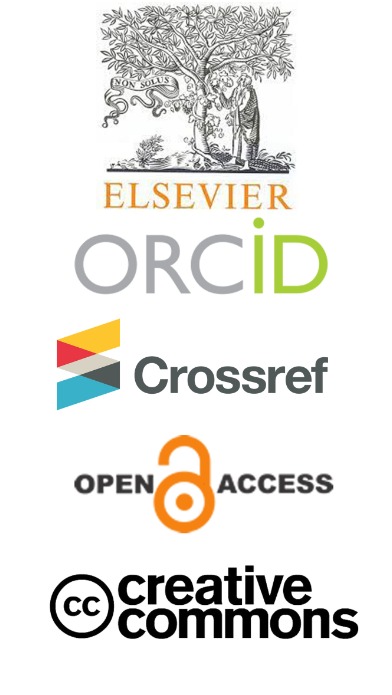Sustainable livelihood strategies through indigenous products: A case study of Zeme Naga community
DOI:
https://doi.org/10.48047/resmil.v13i3.37Keywords:
Zeme Naga, indigenous products, sustainable livelihoods, bamboo handicrafts, traditional knowledgeAbstract
The Zeme Naga are an indigenous community in Northeast India known for their traditional bamboo handicrafts and other indigenous products. This paper examines how the Zeme Naga have developed sustainable livelihoods strategies through the production and marketing of indigenous products. A case study of the thriving bamboo handicrafts enterprise is presented. The Zeme Naga have preserved traditional knowledge and skills in bamboo craftsmaking, while adapting production and sales for contemporary markets. This generates income and employment for the community. However, challenges remain in terms of competition with modern products, barriers to market access, and the threat of overharvesting bamboo. The Zeme Naga model demonstrates how indigenous products can contribute to sustainable livelihoods when supported by enterprise development, fair trade partnerships, and capacity building.
Downloads
Published
How to Cite
Issue
Section
License
Copyright (c) 2024 RES MILITARIS

This work is licensed under a Creative Commons Attribution-ShareAlike 4.0 International License.



